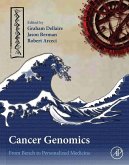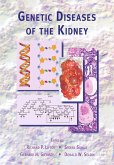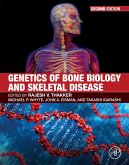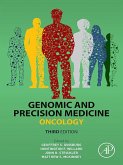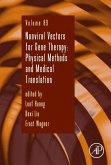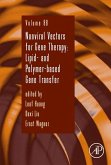Nonsense Mutation Correction in Human Diseases: An Approach for Targeted Medicine provides an introduction on genetic diseases, discusses the prevalence of nonsense mutations, the consequences of a nonsense mutation for the expression of the mutant gene, and the presentation of the nonsense-mediated mRNA decay (NMD).
It presents the mechanism of action and rationale associated with each strategy to correct nonsense mutations with the results of clinical trials to further support this basis. In addition, the book shows how it may be possible to combine several of these strategies to ultimately improve the efficiency of correction, also suggesting the future goals and objectives to improve treatment modalities in this evolving sphere of personalized medicine.
- Features basic biological and clinical constructs that inform the application of genomic data to clinical decision-making
- Includes theories and methods that can be used to link bio-molecular and clinical phenotypes so as to enable integrative hypothesis discovery, testing, and downstream evidence-based practice
- Provides design patterns and use cases that contextualize the clinical decision-making and evidence-based practice relative to real world requirements and stakeholders
Dieser Download kann aus rechtlichen Gründen nur mit Rechnungsadresse in A, B, BG, CY, CZ, D, DK, EW, E, FIN, F, GR, HR, H, IRL, I, LT, L, LR, M, NL, PL, P, R, S, SLO, SK ausgeliefert werden.



